
Jos, 04 December 2020 – “Everyone individually and collectively must act to prevent this disease from spreading in our villages and WHO is leading the way,” says Mallam Shuaibu Musa, Ward Head for the Angwan Rogo/Rimi community, Plateau State.
For Musa, testing is the first step in bringing an end to this pandemic and he is optimistic that the efforts of the World Health Organization (WHO), working through the local governments, will go a long way in combating the spread of the virus and encourage people to be tested. “Many are afraid to go out for the test, they think it is the testing that brings the disease. But this is not so. If they don’t get tested, how will we know those who need to be treated and isolated. I am going to make sure my community members understand what this is all about”, he said.
Balaraba Musa, the Women Leader of the Angwan Rogo/ Rimi Community is determined to take home the lessons learnt and bring change to her community. “I see that as women and mothers, we play an essential role in stopping the virus, if we continue to comply and encourage our families and neighbours to test and take control measures, we can win this fight,” she says.
Both Musa and Ms Musa and are part of the more than 50 community, religious, and traditional leaders trained to tackle the ongoing coronavirus pandemic in Plateau State. The training which was organized by the World Health Organisation (WHO) with funding support from Deutsche Gesellschaft für Internationale Zusammenarbeit (GIZ), engaged the leaders in discussions to help them understand their roles in stopping the spread of the virus and misinformation.
The pandemic has posed not only enormous health concerns but has put a heavy strain on economic and social cohesion around the world. Nigeria has seen over 66 000 cases since February 2020. In Plateau State, there have been over 3800 cases, making the state one of the country’s top epicentres. Yet, misconception and miscommunication surrounding the disease and testing persist.
However, the WHO and Plateau state are determined to tackle these challenges with the help of community leaders.
“It has become imperative to engage with and train community leaders in many aspects of the response so that they too can effectively communicate to the members of their communities to contribute safely and effectively to curbing the spread of this pandemic,” said Wadzingi Williams Bassi, WHO Plateau State Coordinator.
As the current pandemic continues to evolve, community leaders have been trained to use their platforms to engage with the people at social and religious gatherings using radio messaging, town criers and vehicles equipped with speakers to disseminate information on preventing COVID-19 infection. Hand washing, the proper use of face masks, and social distancing are some of the measures being advised. Furthermore, the community heads, who play an essential role in sensitizing communities through social mobilization activities and awareness campaigns, have been charged with the responsibility of encouraging their ward members to turn up for testing.
“Clear risk communication and community engagement are crucial, especially among people with limited access to digital information,” Mr Wadzingi added. “We are making sure that community measures that are to be undertaken in stopping the spread of this virus are understood and observed so that people can be protected. We need teamwork and grassroots leaders are the best drivers of this.”
Suleiman Wakawa, one of the local government facilitators in Plateau notes that it is important to engage with the communities through leaders that they trust and respect. The importance of this, he said, is that leaders can communicate with them effectively on COVID-19 testing. “The best strategy to limit transmission on a large scale is quick identification of infected people through testing, isolation and treatment of those that are positive,” said Mr Wakawa, who says that the strategy is showing results already. “I am glad things have started taking shape as the leaders have started passing the messages to their communities.”
Technical Contacts:
Dr Rex Mpazanje; Email: mpazanjer [at] who.int; Tel: +234 803 960 0874
Dr Williams Wadzingi; Email: wadzingiwil [at] who.int; Tel: +234 703 490 3060

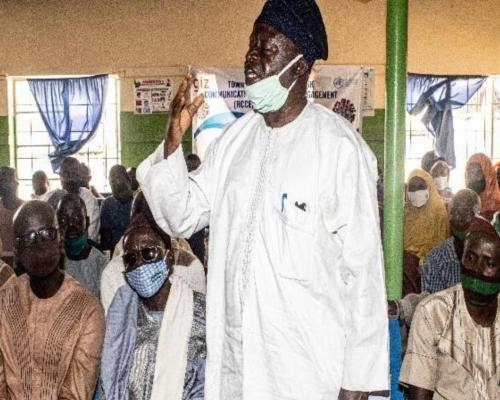
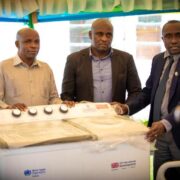
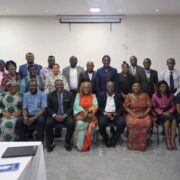
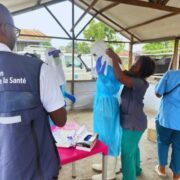

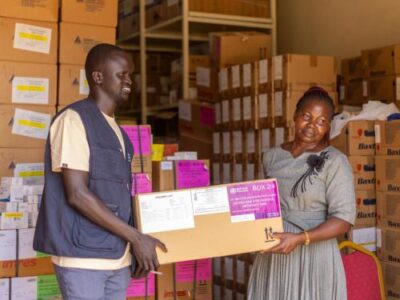
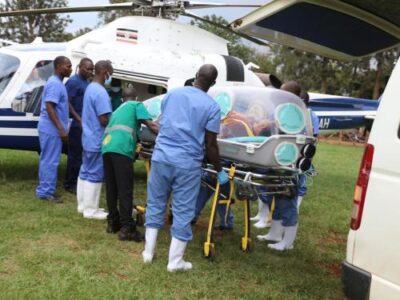
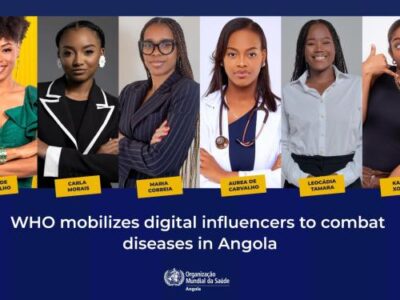


Comments